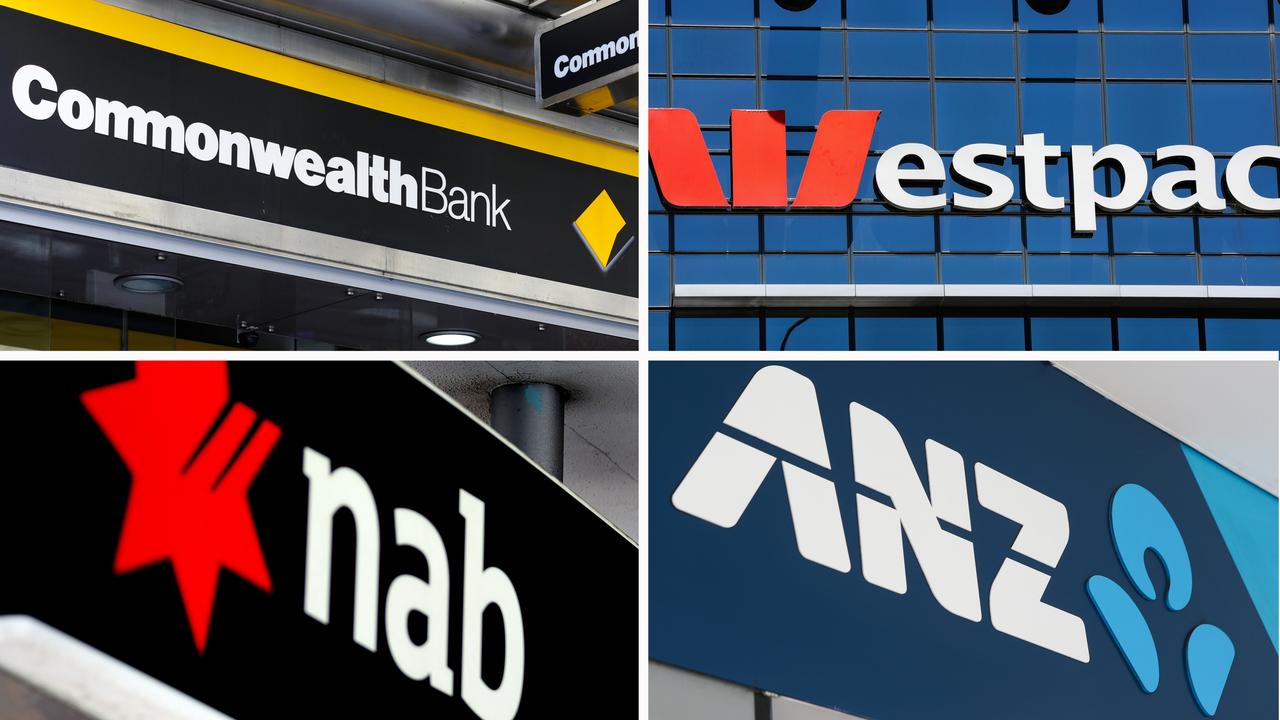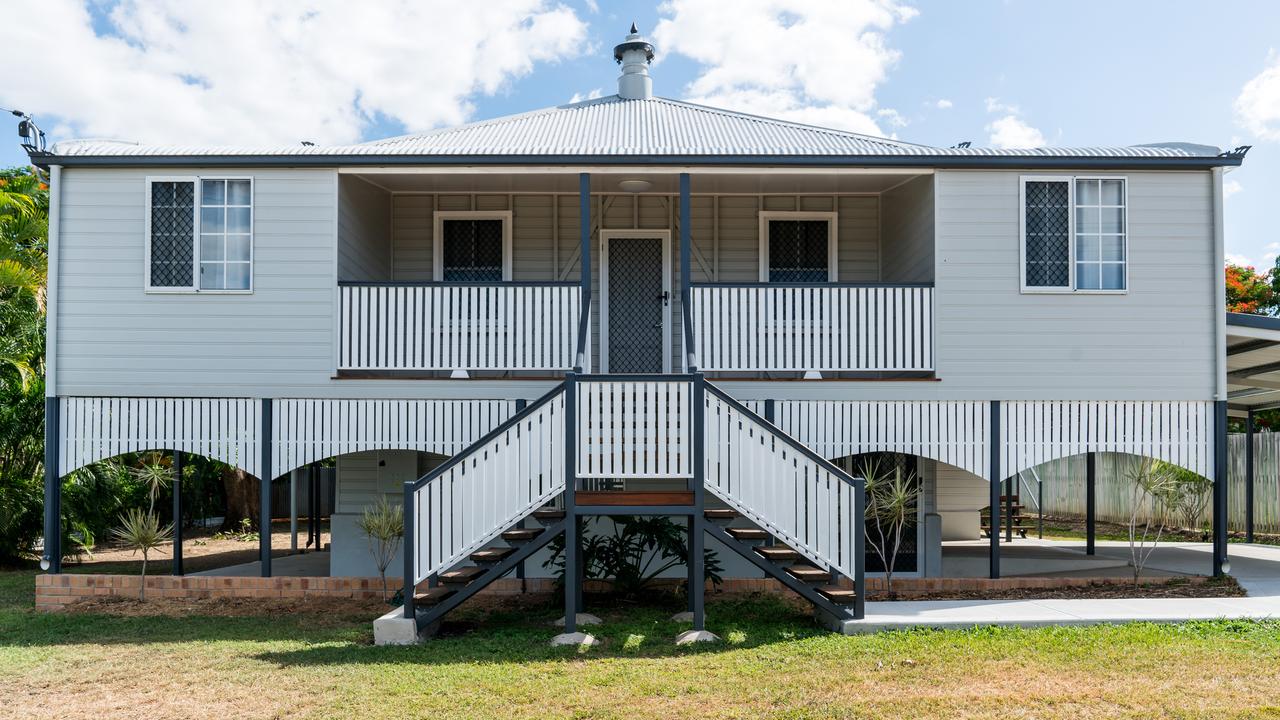‘Let shoppers choose Eftpos’: Banks ordered to overhaul paywave systems by April
WE LOVE tap-and-go, except for this one annoying feature — and it turns out Australia’s banks are raking in $290 million off it.

Banking
Don't miss out on the headlines from Banking. Followed categories will be added to My News.
AUSTRALIA’S banks have been given a deadline of April next year to reduce fees charged on tap-and-go payments by giving customers the option of choosing Eftpos instead of credit.
The news will also come as a relief to customers annoyed at having numerous “pending” transactions against their bank account as a result of using paywave.
In a report tabled last week, the House of Representatives Standing Committee on Economics recommended that banks “be required to give merchants the ability to send tap-and-go payments from dual-network debit cards through the channel of their choice”.
Around 63 per cent of debit cards in Australia are dual-network.
“Merchants should be able to choose whether to route these transactions through Eftpos or another channel, noting that consumers may override this merchant preference if they choose to do so,” the report said.
“If the banks have not facilitated this recommendation by 1 April 2018, the Payments System Board should take regulatory action to require this to occur.”
Small Business Ombudsman Kate Carnell on Monday welcomed the recommendation.
“The average total merchant fee for a debit transaction is 0.26 per cent with Eftpos and 0.58 per cent with Visa or Mastercard and it’s higher for small businesses,” she said in a statement.
“Shoppers aren’t given a choice with paywave, as banks don’t allow merchants to choose the route through which contactless payments are processed.
“It’s estimated that processing tap-and-go transactions through credit cards instead of Eftpos costs businesses $290 million a year. Consumers and small businesses are being exploited for utilising the convenience of tap-and-go.
“Small businesses are unwilling tax collectors for banks and international credit card companies. They don’t have the negotiating power of big business to get special deals. As we move towards a cashless economy it’s vital that transaction fees are kept as low as possible.”
The percentage cost to small business for tap-and-go payments can be up to 1.3 per cent of the transaction, compared to just 0.1 per cent for the likes of Coles and Woolworths.
In a submission to parliament, the Restaurant & Catering Industry Association said one of its members had experienced a 130 per cent increase in bank charges since adopting paywave.
“The costs involved in adopting non-cash payments [are] compounded by a general reluctance amongst hospitality operators to pass on additional costs to consumers in the form of surcharges,” the submission said.
A NAB spokeswoman said, “NAB is committed to delivering simple, reliable, payment solutions to our merchant customers, whilst preserving customer choice.
“We understand some merchants may want to elect which network they want transactions to be routed through, and we are currently building capability to enable this.
“However, we do believe it’s important that the industry work together on this change, to ensure cardholders don’t have inconsistent and confusing experiences between different merchants and card product types, and to maintain the security and integrity of the payments system.”
A Westpac spokeswoman said, “Now that Eftpos can handle tap and pay, our teams are reviewing our capability to deliver this choice to our merchants in the future, and we are also starting to issue Eftpos cards with this functionality.”
An ANZ spokeswoman said, “We are working on a solution to enable contactless payments through the Eftpos network. This requires us to work through a number of technical challenges and so we can’t be certain when the service will be available but it is likely to be in the second half of 2018,” she said.
A CommBank spokeswoman said, “We are assessing the implementation of additional capabilities to be added to our merchant terminal fleet. These requirements demand a collective industry response to ensure a high standard of customer experience for our merchant and cardholder customers.”
ANZ chief executive Shayne Elliot was the only bank boss appearing before the committee earlier this year to commit to the change.
“What we’re doing now is saying, if those merchants want to default it somewhere else then we will do that for them,” he said at the time. “If that’s our customer, we’re happy to do that.”
CommBank declined to give assurance that it would offer merchants the choice, telling the committee only that it would look into the matter and if it was found to be “the best thing to do”, it would provide the service.
Originally published as ‘Let shoppers choose Eftpos’: Banks ordered to overhaul paywave systems by April



